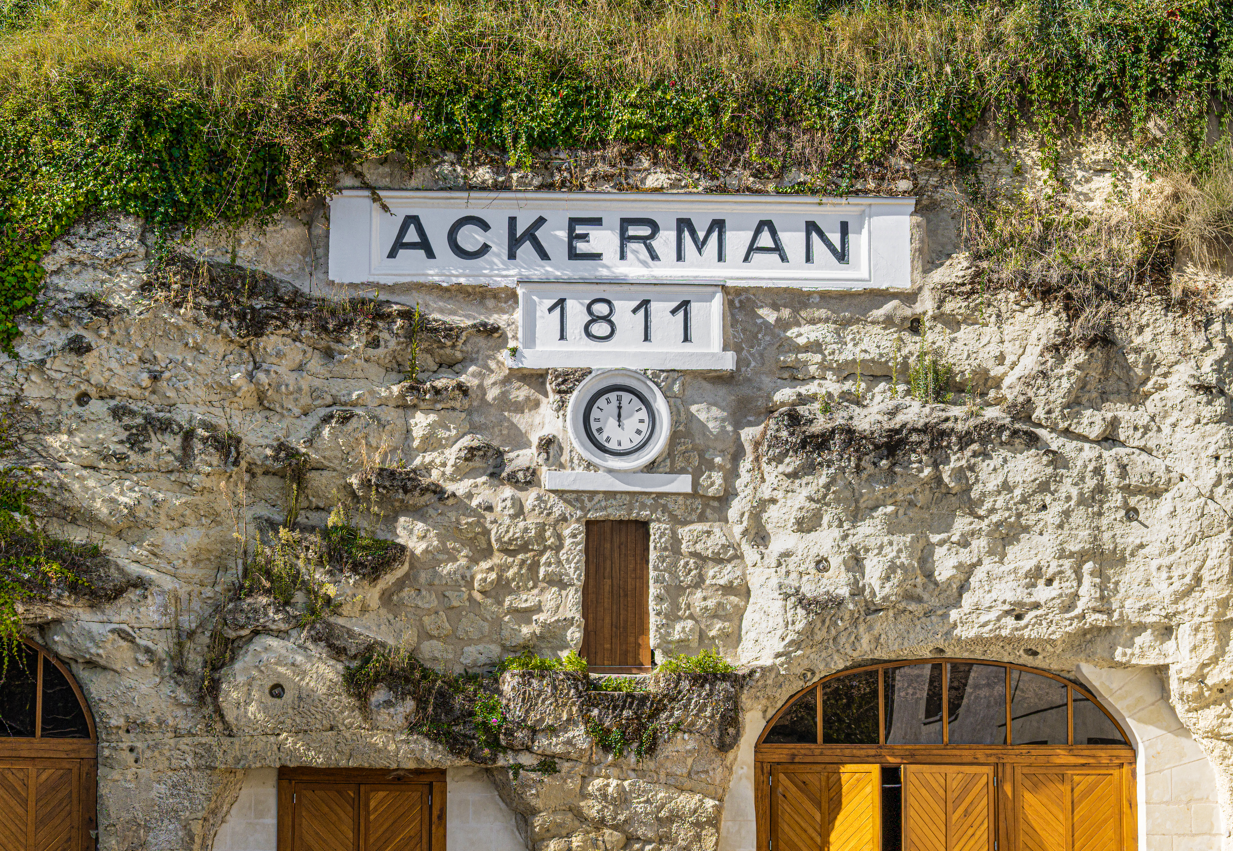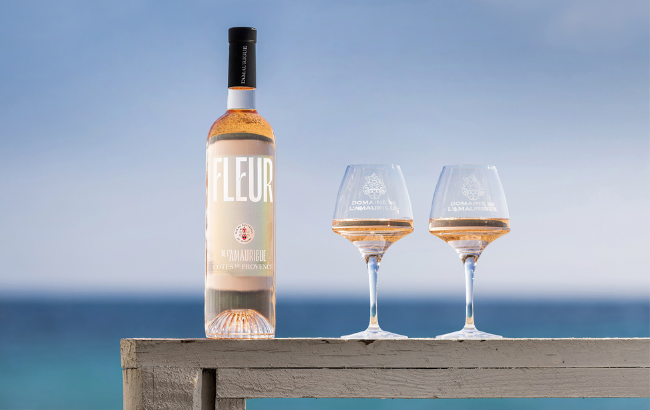US and France agree tariff truce for a year
After the US government threatened up to 100% tariffs on US$2.4 billion worth of French goods, including wine, American President Donald Trump and the French President Emmanuel Macron have agreed to a truce for a year.
Back in December 2019, the US government proposed additional tariffs of up to 100% on French goods including wine, cheese and handbags in retaliation to France’s digital services tax.
Dubbed GAFA (an acronym for ‘Google, Apple, Facebook and Amazon’), France’s digital tax would impose a 3% levy on the total annual revenues of the largest global technology companies providing services to French consumers.
The dispute had been brewing for some months. In July 2019, President Trump promised to announce “substantial reciprocal action” to what he called “[President] Macron’s foolishness”. However in the following month, an agreement was reached to suspend the spat. It was later rekindled in December.
In a tweet posted on 20 January, President Macron wrote that he’d had a “great discussion” with President Trump and that the two countries would “work together on a good agreement to avoid tariff escalation”. President Trump posted the word “excellent” in response to the tweet.
Great discussion with @realDonaldTrump on digital tax. We will work together on a good agreement to avoid tariff escalation.
— Emmanuel Macron (@EmmanuelMacron) January 20, 2020
A French diplomatic source told various media outlets that Macron and Trump had decided to hold off on any further tariffs until the end of the year. The two leaders would continue negotiations at the Organisation for Economic Cooperation and Development (OECD) on the digital tax issue during that period.
Partner Content
The source added: “They agreed to give a chance to negotiations until the end of the year. During that time period, there won’t be successive tariffs.”
French Finance Minister Bruno Le Maire later told reporters in Brussels that there was now “an agreement” between the US and France “to avoid any tariff escalation and avoid any trade war”.
He added: “It’s remains a difficult negotiation with digital tax, the devil is in the details and we need to resolve the details.”
He later told French television broadcaster LCI that France was “ready to take some steps in the direction of the United States”, but that negotiations had been “difficult” and were “far from won”.
French wine is certainly not out of the woods just yet. It has already been the target of US tariffs after a 25% import duty was imposed on still wine (not over 14% ABV) back in October. The tariffs also affect products made in Germany, Spain and the UK, transported in containers of 2 litres or less. Liqueurs made in Germany, Ireland, Spain and the UK as well as Scotch whisky are also subject to an additional 25% tariff.
These tariffs are in response to a separate issue, specifically a dispute over subsidies given to aviation company Airbus over rival Boeing.
In December, the US government said it may increase these tariffs by up to 100%, and potentially extend the list to cover sparkling wine, fortified and bulk wine made in all EU countries, as well as other whiskies made in Europe, most notably Irish whiskey.





Despite progress in resolving the trade dispute over France’s Digital Services Tax, the Office of the US Trade Representative is still considering whether to levy 100% tariffs on all French wines imported into the United States as a retaliation for France’s improper subsidization of its large aircraft industry leader, Airbus.. Here’s why using tariffs on French wines to fight trade battles relating to other industries is a very BAD idea.
When the WTO ruled against France in the Airbus dispute, it authorized the US to levy billions of dollars in additional tariffs against French goods as retaliation. Despite recent cooperation between France and the US over the DST dispute, the Office of the US Trade Representative still is considering whether to levy 100% tariffs on all French wines imported into the United States as retaliation for France’s Airbus subsidies. Because of the American three-tier distribution system that is mandated by federal as well as state laws, Bordeauxes, Burgundies, Champagnes, Crémants and all the other French wines that are so popular with American consumers must come into the US market through a licensed importer, be sold to a wine wholesaler, and be resold to the retailer who ultimately sells those wines to you and me. The price rises every step of the way down this mandatory distribution chain. Consequently, the 100% tariff under consideration by the USTR, which is imposed on the U.S. importer at the start of the chain, could raise the final price to America consumers of Champagne and other French sparkling wines by 200% to 300%!
Such tariffs threaten thousands of small businesses across America, and jeopardize hundreds of thousands of jobs nationwide. They also do nothing to advance America’s interests in the underlying Airbus trade dispute. These wine tariffs are a BAD idea on many levels:
* EU wines are not replaceable, and are irrelevant to the pending Trade Disputes.
* American consumers should not be penalized.
* America’s Alcohol Beverage Industry will suffer unfairly and disproportionately.
* America’s Restaurant Industry REALLY will suffer unfairly and disproportionately.
* Retaliatory tariffs on EU Wines and alcohol beverages will cost American jobs.
* Retaliatory tariffs on EU wines and alcohol beverages will reduce state and local Tax Revenues.
* 100% Tariffs will inflict collateral damage on States and communities across America.
The reality is that America has far better options for resolving the current trade dispute with France. To learn more about this issue, take a look at the testimony recently presented to an Inter-agency Committee chaired by the USTR that met in Washington DC on January 7, 2020, to hear industry comments on the proposed tariffs. This testimony is accessible online at https://www.regulations.gov/document?D=USTR-2019-0009-0926